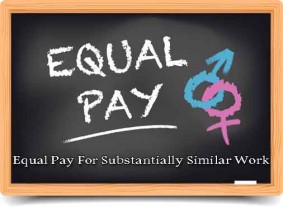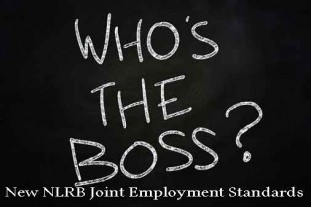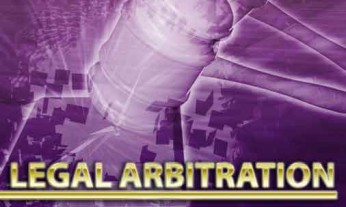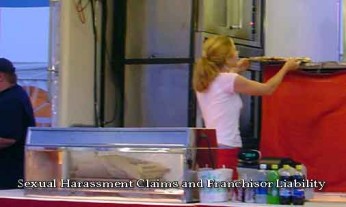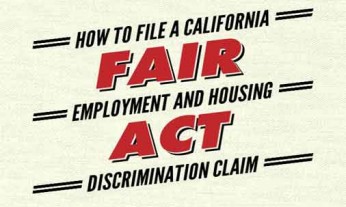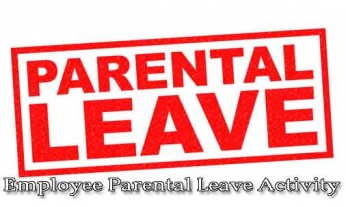 New California legislation affects employee parental activity leave. One of the many bills signed into law by Governor Jerry Brown on October 11, 2015 was Senate Bill 579. This bill amended Section 230.8 of the California Labor Code, which allows employees to take leave from work each year to participate in activities related to their children’s schooling or day care. The section, as revised, now applies to foster parents and stepparents, and it allows employees to take leave for a wider range of activities.
New California legislation affects employee parental activity leave. One of the many bills signed into law by Governor Jerry Brown on October 11, 2015 was Senate Bill 579. This bill amended Section 230.8 of the California Labor Code, which allows employees to take leave from work each year to participate in activities related to their children’s schooling or day care. The section, as revised, now applies to foster parents and stepparents, and it allows employees to take leave for a wider range of activities.
The Specifics of the Parental Activity Leave Bill
The basic provisions of Section 230.8 include:
- Requiring California employers with 25 or more employees at a particular location to allow any employee who is a parent (or a guardian or grandparent with custody of a child) to take up to 40 hours of leave per year in order to participate in activities at their children’s schools and/or day care facilities.
- An employee may not take off more than eight hours in a calendar month for these school or daycare activities, and the employee must provide his or her employer with reasonable notice.
- An employee who decides to take leave for these activities must make use of any vacation time, compensatory time off, or personal leave to which he or she is entitled. In addition, if the employee is entitled to time off without pay, then he or she may make use of it for these activities.
- The employee must provide the employer with written documentation from the school or daycare facility if the employer requests it.
SB 579 has amended the section in a number of ways relating to parental activity, including the following:
- The term “parent” can now apply not only to a parent or a grandparent, but also to a stepparent, a foster parent, or someone who stands in loco parentis to a child. (“In loco parentis” refers to someone legally standing in the place of a parent.)
- The term “licensed child daycare facility” has been replaced with the term “licensed child care provider.”
- The time off may be used to find a school or child care facility, or to enroll or reenroll one’s child in a school or child care facility.
- The time off may also be used to address an emergency related to a school or a child care provider. The statute explains that the term “emergency” refers to when the child of the employee is unable to remain at his or her school or child care facility. (The possible reasons for this include closure of the facility, behavioral problems, natural disasters, and a request from the school or child care provider that the child be removed.)

